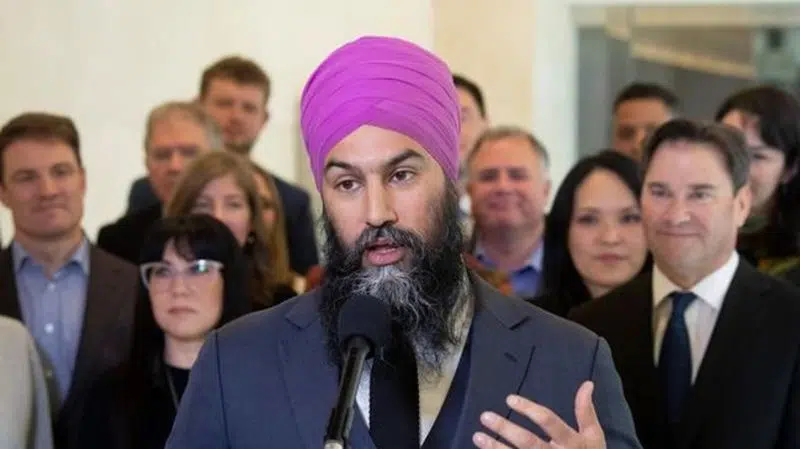
NDP to put forward private member’s bill on making national pharmacare a reality
OTTAWA — The New Democrats are planning to bring forward legislation to implement a national, universal pharmacare program.
NDP House Leader Peter Julian is set to table a private member’s bill at his first opportunity after Parliament resumes next week.
It will be modelled after the Canada Health Act, which is the legislative framework underpinning universal health care.
The New Democrats and Liberals both promised some kind of pharmacare program during the fall federal election campaign, but differ on the details.


